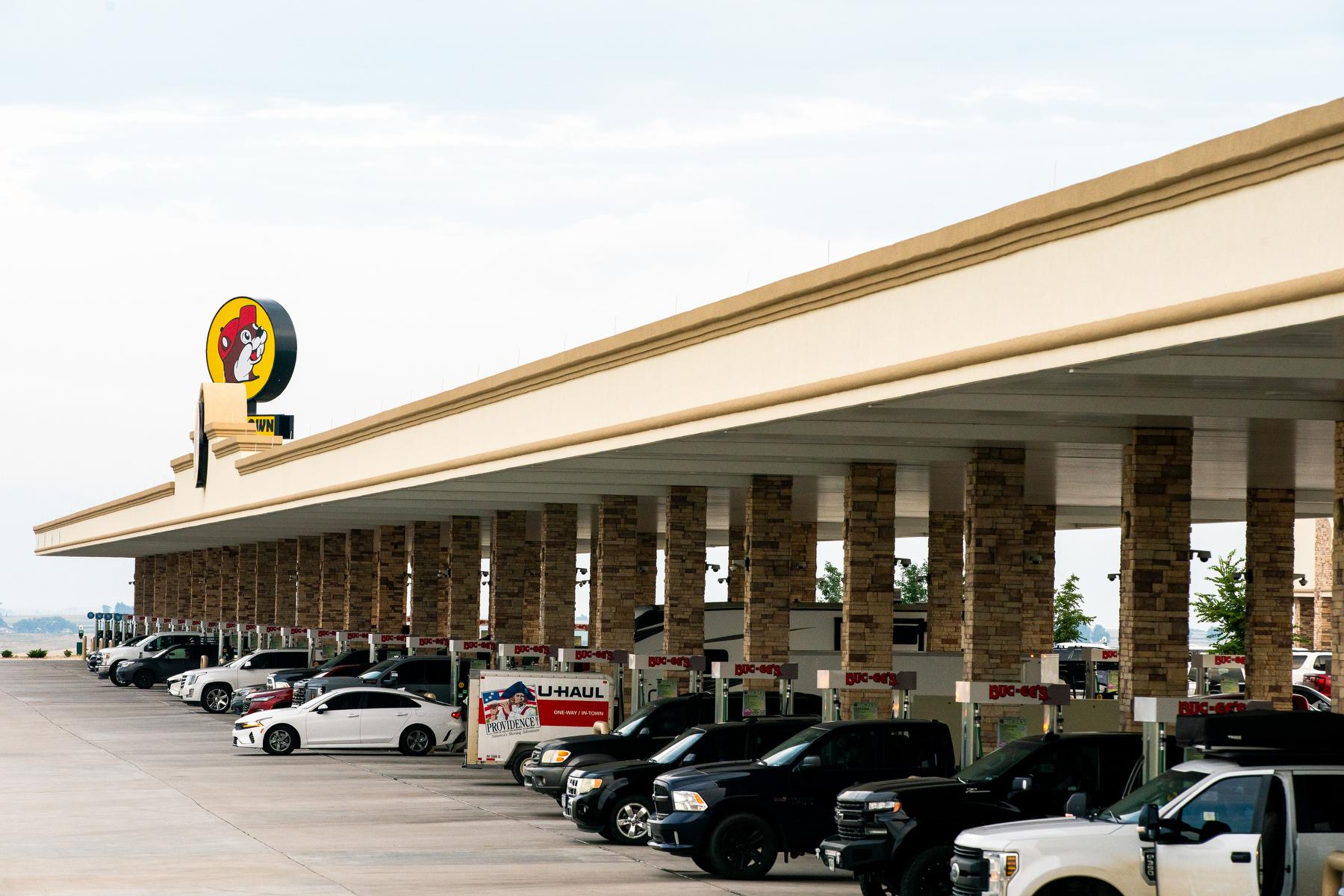
Vail Resorts disappointed Wall Street investors again with its most recent financial update.
The Broomfield-based ski resort giant missed analysts' expectations for revenue growth, and sold fewer ski passes than anticipated, the company reported in its fourth-quarter update. Sales of its signature Epic Pass were down 3 percent for the upcoming winter sports season, though price increases helped to offset lost sales.
“I want to start by acknowledging that results from the past season were below expectations, and our season-to-date pass sales growth has been limited,” CEO Rob Katz said during a conference call for investors on Tuesday. “At the heart of our underperformance is that the way we are connecting with guests has not kept pace with the rapidly evolving consumer landscape.”
Vail is struggling to sell Wall Street investors on its business plan as bad publicity, declining skier visits and strategic errors eat into its bottom line. Katz, known for introducing the Epic Pass in 2008, stepped back into the CEO role in May after taking a different management role for several years. During his absence, the company’s stock price lost more than half its value.
In its recent quarterly update, Vail said its traditional reliance on email as a tool to communicate with customers isn’t as effective anymore.
“We’ve been slow to shift to new and emerging market channels,” Katz said.
Additionally, the company plans to refocus on selling individual lift tickets instead of pouring all its resources into Epic Pass sales.
“Looking ahead … we will be evaluating all aspects of our pass portfolio, including the product offering, pricing and benefit in conjunction with our lift ticket products,” Katz said.
The company will analyze its pricing strategy for different products at different resorts at different times of year to figure out the best way to sell them, Katz said.









